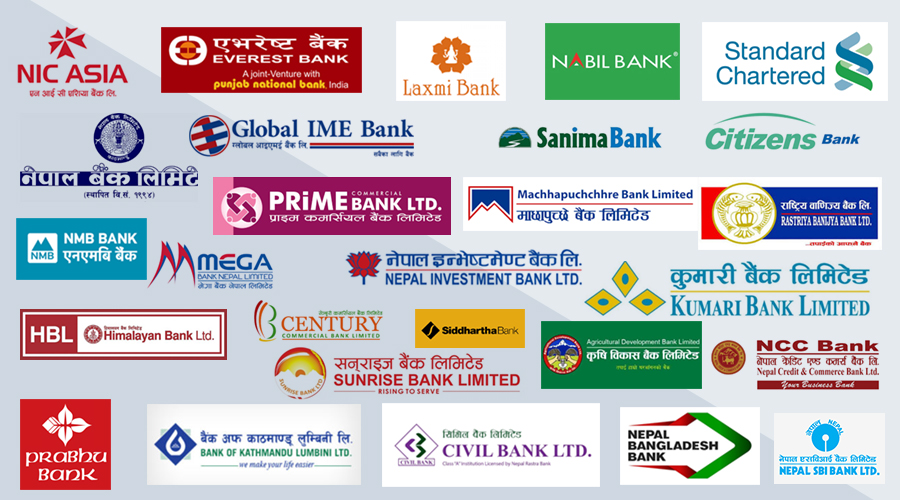KATHMANDU: Nepal Rastra Bank (NRB) has slapped a cash penalty against four commercial banks for breaching the laws related to money laundering.
According to the NRB, it fined Rs 5 million each against Prabhu Bank, Kumari Bank, Bank of Kathmandu (BoK) and Prime Commercial Bank. Bank of Kathmandu was recently acquired by Global IME Bank. These banks have been accused of violating the norms of Money Laundering Prevention Act 2008 and related regulations.
Similarly, the NRB sent caution notes against five other commercial banks after these banks were found involved in misconduct in their daily operations. The regulatory body of the money market put these banks into questions on violating the central bank’s rule on providing credit in the productive sector and for misusing their financial resources.
The central bank has cautioned the CEO of Machhapuchchhre Bank for not submitting the actual report on its weighted assets under the capital adequacy framework. Likewise, Sanima Bank has been cautioned for providing additional facilities unlawfully to the then CEO of the bank.
The NRB also questioned Nabil Bank for not duly following the rule of ‘know your customers (KYC).’ CEOs of the then Nepal Investment Bank (now Nepal Investment Mega Bank), Machhapuchchhre Bank and Civil Bank have also been put to questions for violating the NRB’s rule that prevents banks from raising the interest rate on pretext of revising premium rate and offering discount rate on the loans.
According to the NRB officials, the central bank traced the anomalies practiced by the leading commercial banks during onsite monitoring of these banks.
Last November, the central bank grilled BoK, Agriculture Development Bank, Sunrise Bank and Mega Bank Nepal, Global IME Bank, and Himalayan Bank under similar charges. Likewise, a number of the commercial banks and microfinance companies had faced the central bank’s actions for collecting hefty amounts in premiums and service charges from their clients.

